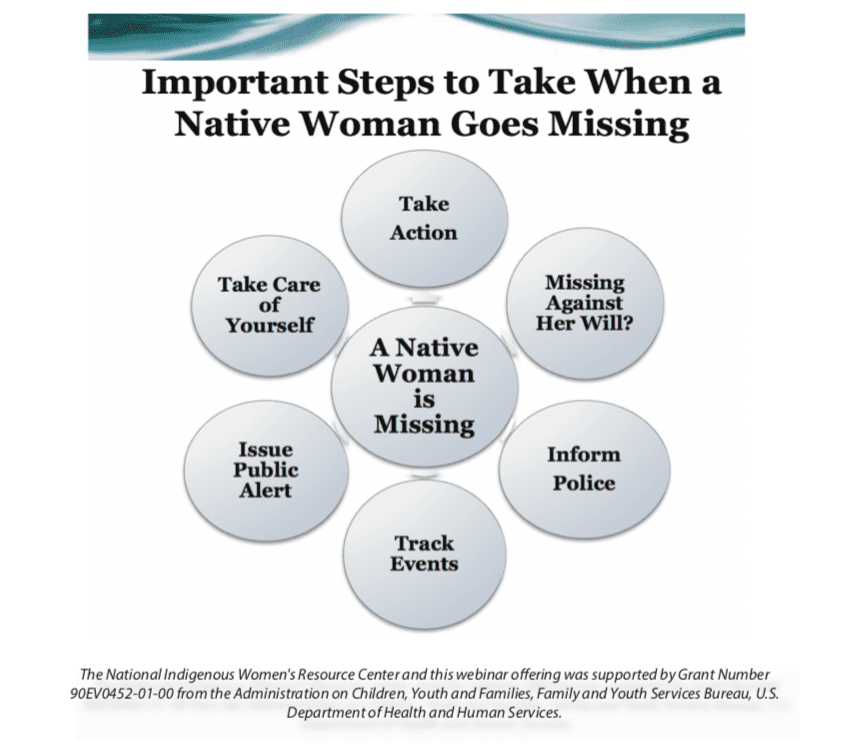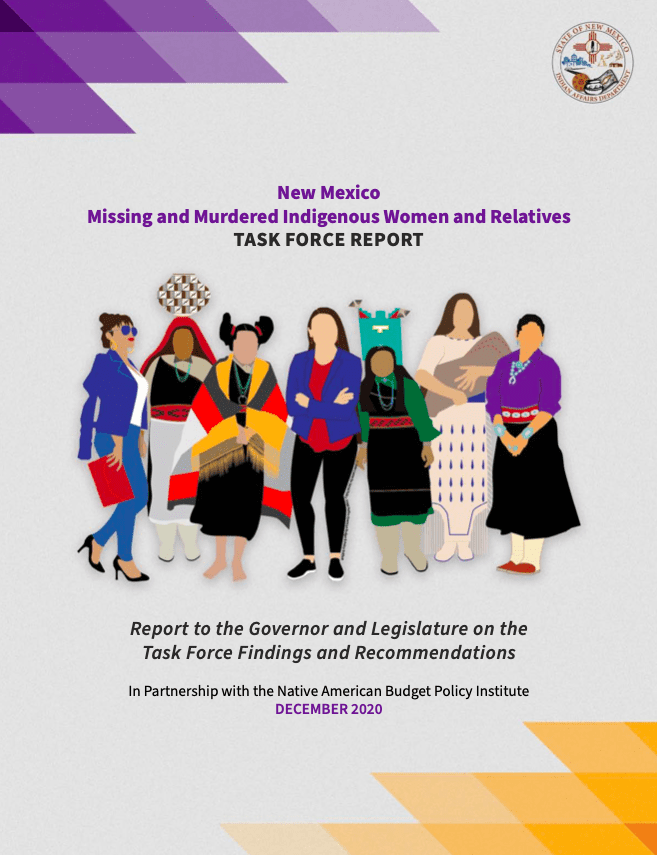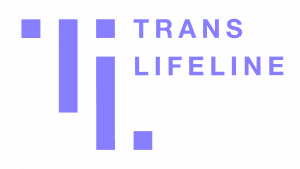Welcome to the CSVANW Advocate Corner. This page is dedicated to survivors of domestic violence, sexual violence, and intimate partner violence who seek resources and safety. We also encourage family members seeking help for a loved one and advocates who need support for their clients to explore our resource list, information on direct services, self-care tips, safety planning, trainings, and see the CSVANW Advocate of the Month. While the Coalition is not a direct service provider, we are here to help connect individuals to the resources that they need including shelters, legal services, and Crime Victim Reparations (including emergency funding). If you need further assistance please contact one of the hotlines listed below or our CSVANW office from 9AM-4PM Monday-Friday and ask to speak with the Advocate Coordinator.
Helplines, Hotlines, and Warmlines
Crime Victims Reparation and Emergency Funding
 The New Mexico Crime Victims Reparation Commission (CVRC) was formed in 1981 under the Crime Victims Reparation Act to assist victims of violent crime with expenses incurred as a result of their victimization. There are two different forms of funding available through the CVRC. While Reparation funding can be sought by an individual directly from the CVRC, emergency funding must be applied for by a service provider on behalf of the individual that is seeking safety. Each county area has its own provider. Please contact the CVRC directly to locate the provider for your location. 1-800-306-6262
The New Mexico Crime Victims Reparation Commission (CVRC) was formed in 1981 under the Crime Victims Reparation Act to assist victims of violent crime with expenses incurred as a result of their victimization. There are two different forms of funding available through the CVRC. While Reparation funding can be sought by an individual directly from the CVRC, emergency funding must be applied for by a service provider on behalf of the individual that is seeking safety. Each county area has its own provider. Please contact the CVRC directly to locate the provider for your location. 1-800-306-6262
Resources
Resources geared to survivors of violence to get the knowledge that they need and for all our tribal communities to have the information to help survivors on their way. We want to end violence against women, men, and children, we want healthy communities and we will get there together.
List of Shelters
How to File A Protection Order
Types of Orders of Protection
- Emergency Restraining Order (“ERO”)
- Order of Protection from Domestic Abuse
- Tribal Order of Protection (filed in Tribal Courts)
How to Get an Emergency Protection of Order
- You can ask the police at the scene for immediate protection. They will give you numbers to call in your district.
- You can ask the police at the scene for an advocate.
- The ERO can be completed by the police officer right away.
- An ERO will last through the next business day or up to 72 hours.
- Note: If you want an Order of Protection beyond 72 hours, you will need to file a Petition for Protection from Domestic Abuse in your tribal courts or in your district. For example, if you live in Albuquerque, you can file in the 2nd Judicial Court and if you reside in Los Lunas, you can file at the 13th Judicial Court.
Three ways to file in Albuquerque
- In-person @ Second Judicial District Court’s Domestic Violence Division.
- Location: 400 Lomas Blvd. NW, Room 274 on the 2nd Floor
- Court Hours: Monday-Friday, 8:00 a.m. to 12:00 p.m. | 1:00 p.m. to 5:00 p.m.
- Important: Bring a valid form of identification.
- Please note: You may wait several hours to get your paperwork finalized. Please be patient and don’t leave the court until you get it!
- Email:
- Filing email: [email protected]
- Title of email: Order of Protection
- *If emailed after business hours, the application will be processed the following business day.
- Fax: 505-841-5460
- Order of Protection forms can be found online at www.nmcourts.gov
- Select “forms”.
- Select “Domestic Violence Forms”.
- Select 4-961 and 4-961A.
- Fill out online but print it out to bring. Be specific about incidents of abuse.
- What you need in order to file:
- Name of the person against whom you want to file (Respondent).
- if possible, Respondent’s current address.
- If possible, Respondent’s date of birth and any other identifying information.
- Order of Protection forms can be found online at www.nmcourts.gov
Additional Resources
Domestic Violence Resources
Sexual Violence Resources
Sexual Violence Hotlines
Consent Resources
MMIWG2S Resources

CSVANW MMIWG in NM Handout

Tribal Community Response When an Indigenous Woman Is Missing: A Toolkit for Action

REPORT: Missing And Murdered Indigenous Women & Girls

Decolonizing Data: Strengthening Community Voices to Take Action for Our Missing Relatives

Important Steps to Take When a Native Woman Goes Missing

New Mexico Missing & Murdered Indigenous Women & Relatives: Task Force Report, December 2020

Missing or Murdered Indigenous People for New Mexico
Learn MoreSex Trafficking Resources
Trainings
Welcome to our Training section. Here advocates, survivors, family, and friends can access trainings on various topics that could be helpful. We will also include links to register for upcoming trainings.
Self Care
News
Advocate of the Month – August 2022
CSVANW would like to take the opportunity to announce Gina Lopez as our CSVANW Advocate of the Month for August 2022.

Gina joined CCASA in October 2018 as the Rural & Indigenous Communities Manager, a remote-work position. As part of the Programs Team with CCASA, she provides training, technical assistance, education, and culturally-specific victim services discussions. A member and resident of the Ute Mountain Ute Tribe in Towaoc, Colorado, and had been the Program Coordinator for the Tribe’s first-ever tribal comprehensive victim services from late 2015 to 2018 supervising DV/SA and suicide prevention IHS grant programs. She is also a facilitator of NAUHZCASA (Navajo, Apache, Ute Hopi, Zuni Coalition Against Sexual Assault) which has existed for 12 years through various facilitators. She earned a Bachelor of Science degree in Criminal Justice/Criminology from the Metro State University of Denver. In her downtime, she is a fierce aunty to many kiddos and young adults in her Tribal community roots.























